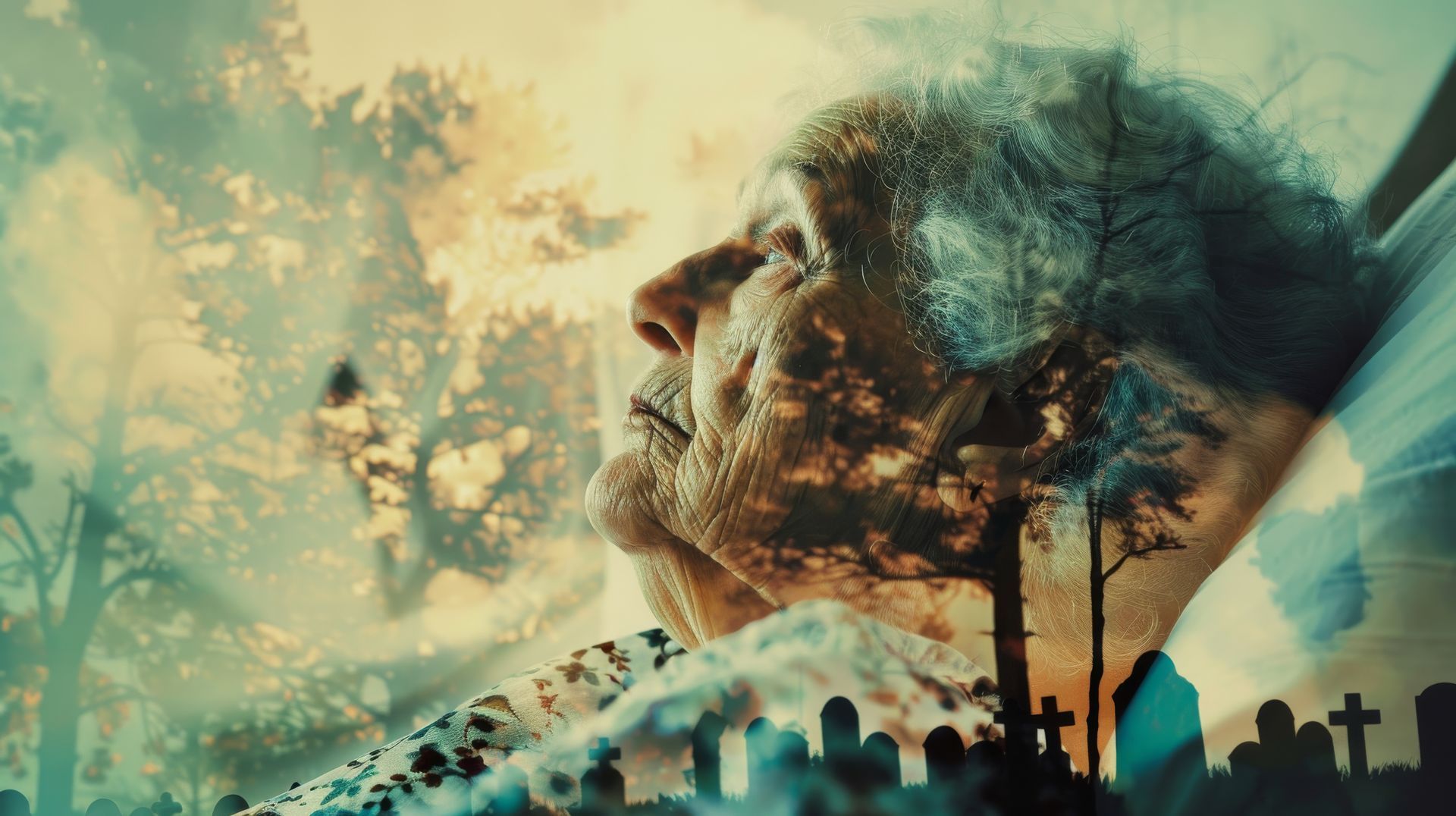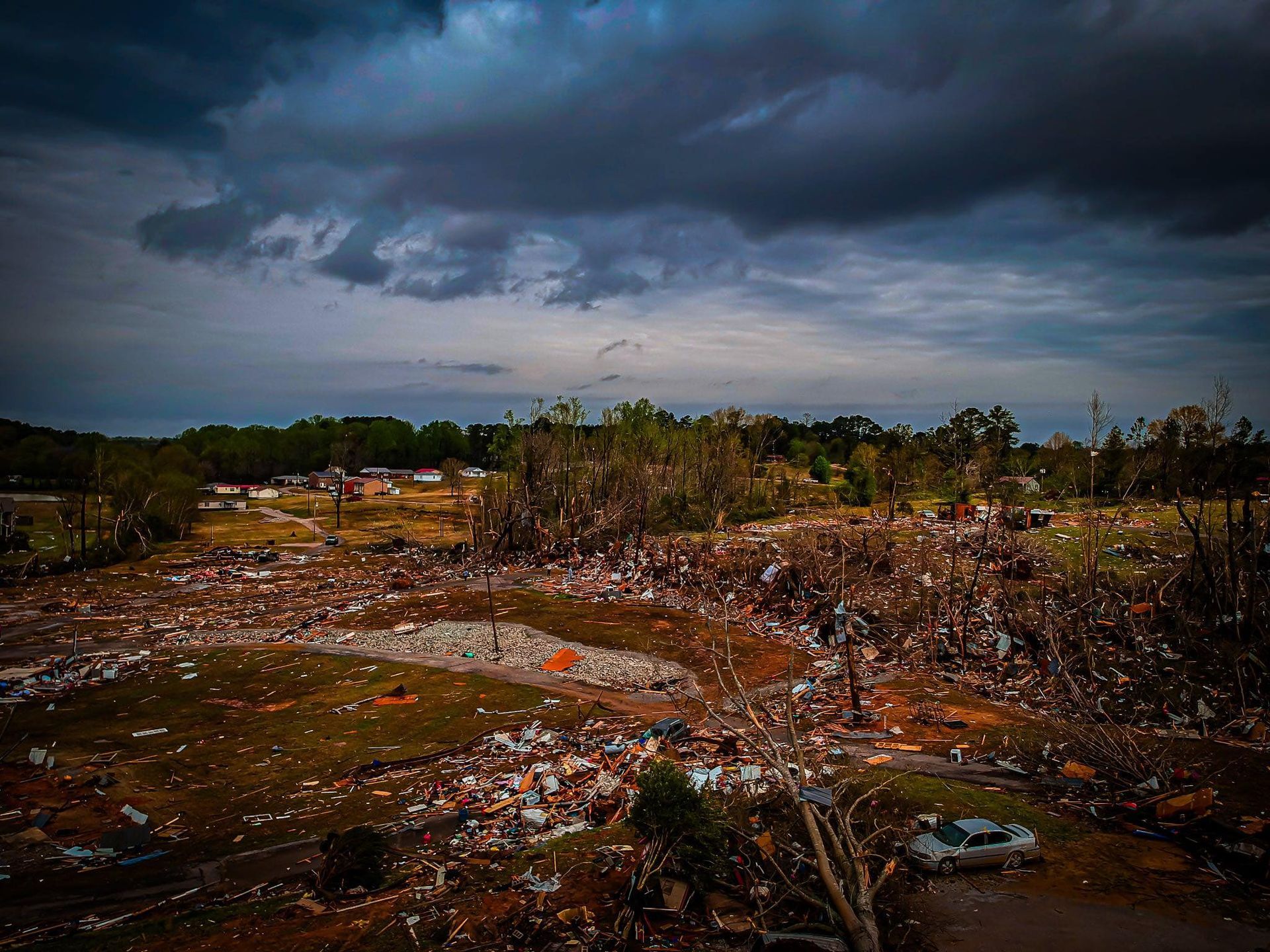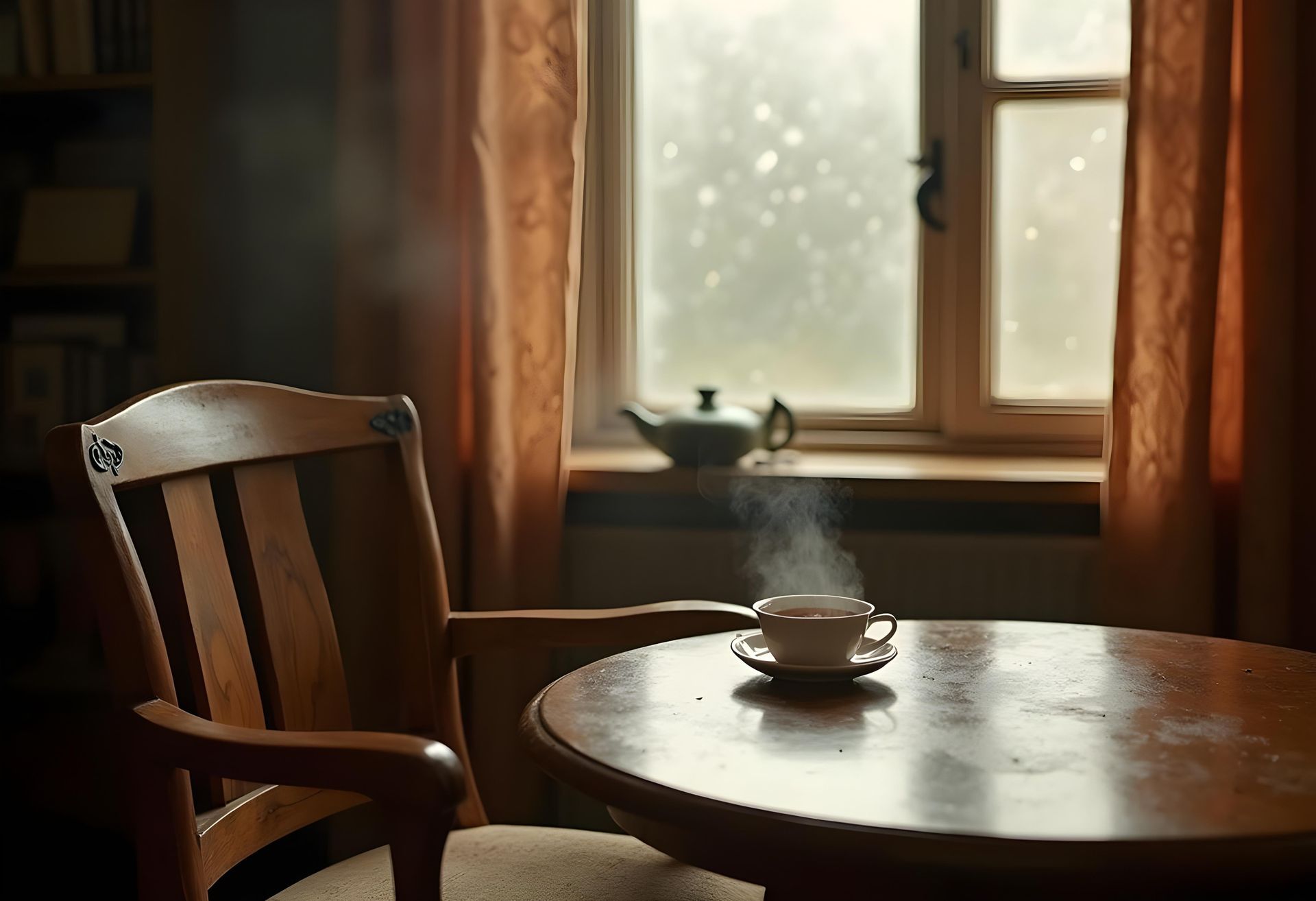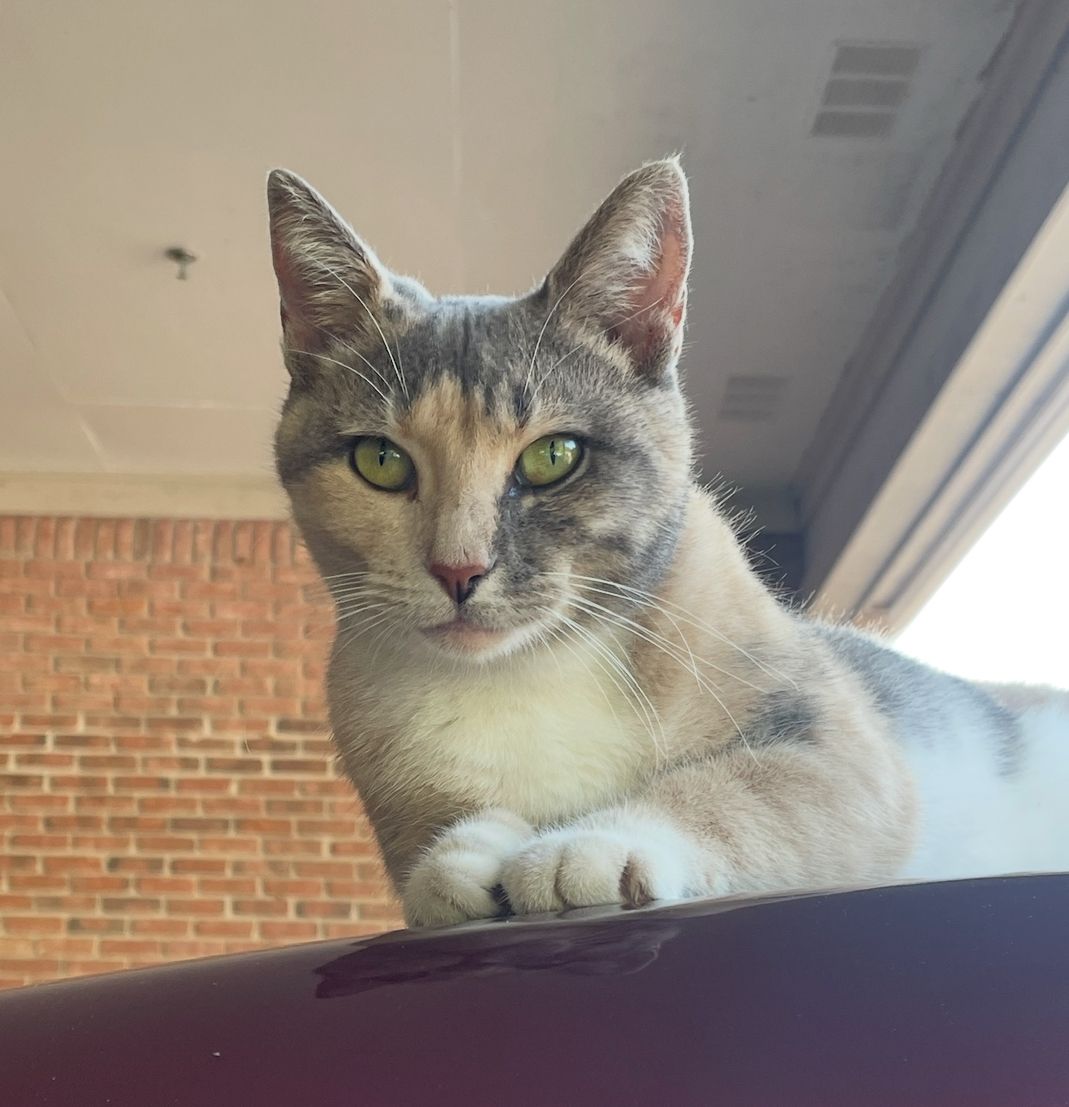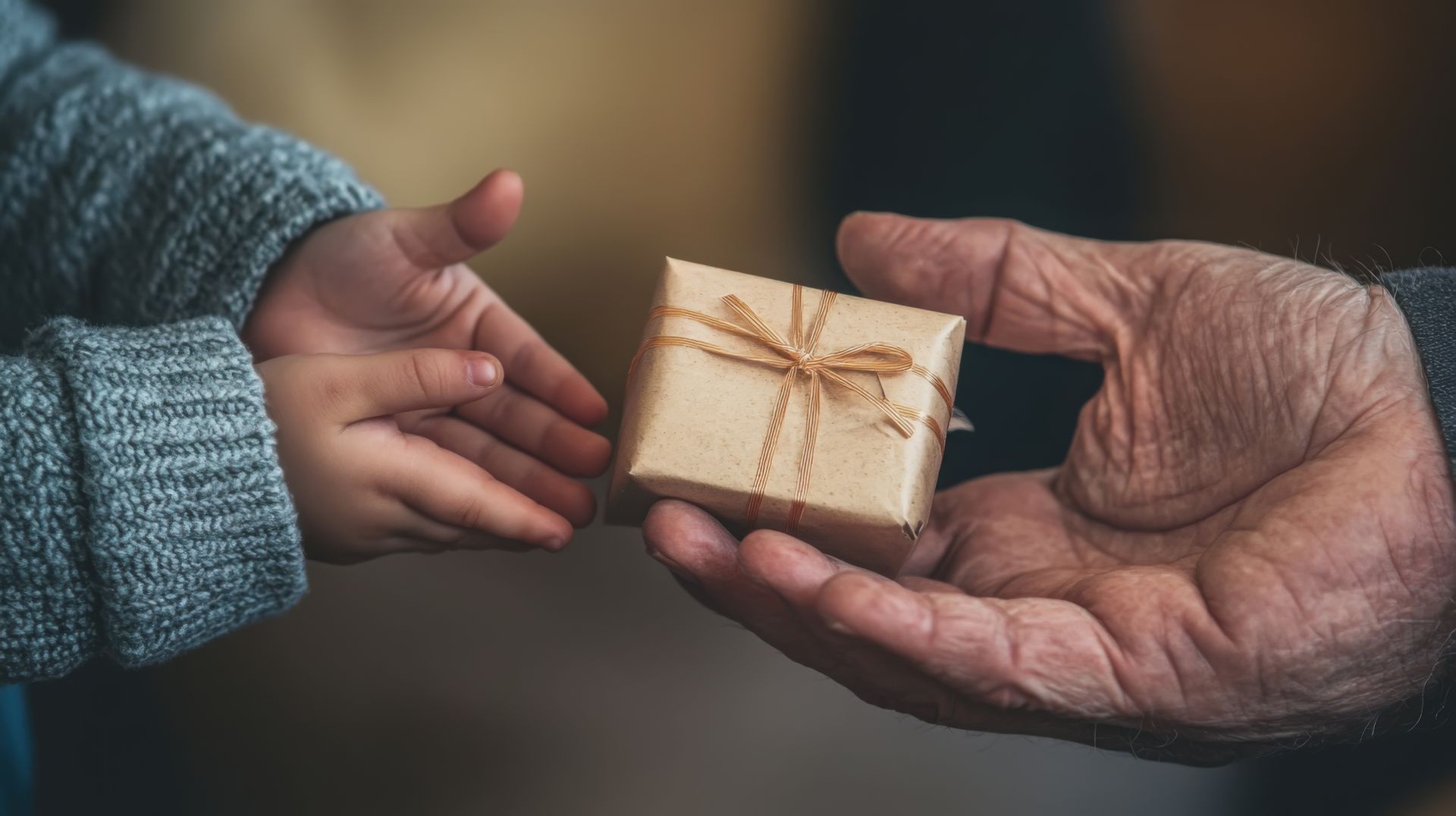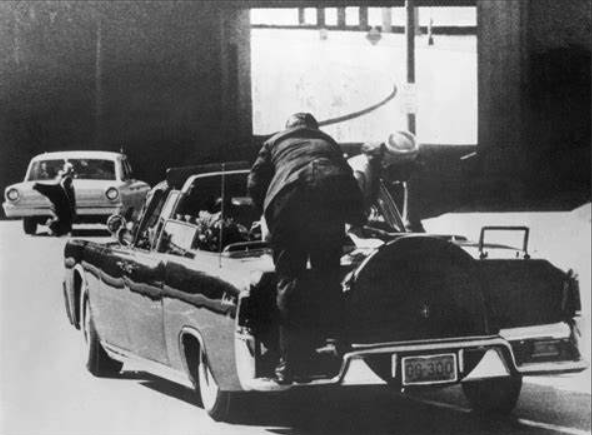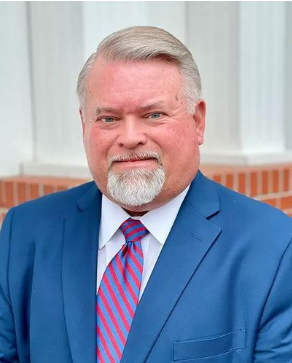Nick and Christina married on July 4th and every year thereafter celebrated with a big cake covered in sparklers. Nick owned a Greek restaurant and the cook there knew that each July 4th, that cake was not only expected but greatly anticipated. So, it concerned Christina when her husband began asking about the cake more than a month away from their anniversary. He was suffering from stomach cancer—cancer which now made eating a chore rather than a pleasure. He was never hungry but missed the joy he had always found in food. Now, with this obvious confusion surrounding the date of their wedding almost 26 years before, Christina became concerned. Despite her numerous explanations and reminders of the current date versus the anniversary date, Nick continued to ask about the cake and when it would arrive.
Desperate to understand what was happening to her husband, and fearful that the cancer might have spread to his brain, she called the hospice nurse and explained the situation to her. And it was that nurse who, after examining Nick and finding nothing had really changed in his overall condition, gently suggested perhaps he knew more about what the future held than they did. Perhaps Nick realized he wouldn’t be there to enjoy one last sparkler-laden anniversary cake if it didn’t arrive before July 4th.
So, Christina consulted her family then ordered the cake, planning the slightly early celebration of their marriage for the following day. It was a glorious party and everyone was amazed—and pleased—that Nick even managed to eat a small piece of the cake he had insisted on having before the appointed day.
Nick died on June 30th and his beloved Christina chose to bury him on their anniversary. Had Nick not shared with her, even in a rather confusing manner, what the future held for them, she would have missed those last moments of celebration. She would have missed him telling her how proud he was of her and how happy he had been during their 26 years of marriage. He might not have had, or made, another opportunity to thank her for all she meant to him. And she might not have shared with him how much he meant to her. But for the insight of a hospice nurse, Christina would have believed Nick’s request stemmed from confusion instead of necessity.
This is just one example of Nearing Death Awareness that Maggie Callanan and Patricia Kelley share in their amazing book “Final Gifts”. Both Callanan and Kelley worked as hospice nurses and, at the time of the book’s publication in 1992, had a total of 20 years experience in the field. Twenty years of working with those approaching Death’s door. Twenty years of stories and observations regarding that journey.
I’m sure each of us has stories we could relate as well . . . stories of family members or close friends who knew what lay ahead and shared with us their approaching departure, without ever really telling us what they could sense. And I’m pretty sure for many of us it took hindsight before we knew what they were trying to say.
One of Callanan and Kelley’s goals in writing “Final Gifts” was to encourage those who are caring for the terminally ill to be aware. To listen and watch for the clues they may provide so perhaps those caregivers can be a little more prepared for what lies ahead. It may be a football play diagram like the one Doug drew for his sports-loving family. The one that had his player leaving the game before noon the next day. It may be the observation that Polly made . . . “But I won’t be here” . . . when her hospice nurse bid her goodbye in preparation for a brief vacation, telling her she’d see her again when she returned. Or perhaps a seemingly innocent phone call like Michael’s . . . one where he told his dad he loved him and thanked him for being such a good father. And when his dad said “I’ll see you this evening when I get off work,” Michael assured him he wouldn’t be able to tell him then. His dad thought it was because of the group of friends that almost constantly surrounded Michael. Somehow Michael knew it was because death was imminent; he was in a coma when his father arrived and learned he had spent the afternoon calling his mother, brother, and friends to tell them the same thing.
The dying have so much to share with us, and often we miss the most important part of all . . . but if we listen closely and understand the clues they give us, perhaps we’ll be better able to offer them comfort and support as they approach the end of their lives. And perhaps we’ll be left with fewer regrets.
About the author: Lisa Shackelford Thomas is a fourth-generation member of a family that’s been in funeral service since 1926 and has worked with Shackelford Funeral Directors in Savannah, Tennessee for over 45 years. Any opinions expressed here are hers and hers alone and may or may not reflect the opinions of other Shackelford family members or staff.


